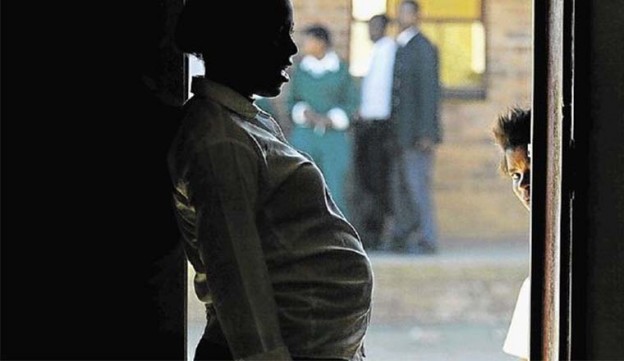Rights activists say the state should address the stigma faced by pregnant girls rather than ostracise them.
Pregnant schoolgirls in Sierra Leone will be banned from classes and exams despite sweeping new government measures to improve access to education for all, a state spokesman said on Thursday.

The West African country introduced the ban on pregnant girls in 2015 after a rise in rape, abuse and poverty during the deadly Ebola outbreak fuelled a spike in teenage pregnancies.
Activists say the law has increased shame and stigma for pregnant girls and set thousands back in their studies. Some hoped the change of government in April, when President Julius Maada Bio took office, would bring a change of policy.
The new government announced this week that it will make education free for all starting in September, hoping to reduce drop-out rates that are driven by girls. But it will still enforce the ban on pregnant students, education ministry spokesman Brima Turay told the Thomson Reuters Foundation.
“They are not allowed to go to mainstream schooling. It still remains a policy,” Turay said by telephone.
Only 56 percent of Sierra Leonean girls aged 15 to 24 are literate, compared to 73 percent of boys in the same age range, according to the United Nations.
The previous government set up alternate, part-time learning centres for visibly pregnant girls, saying that allowing them to attend regular schools would undermine their ability to do well, expose them to ridicule and encourage others to get pregnant.
Those learning centres will re-open this fall with more funding, Turay said, but they will still have classes only three days a week so as not to tire the girls.
Rights activists said the state should address the prejudice rather than ostracise the girls.
“The fact that they may be stigmatised is not an opt-out for the government. They have a duty to address this, such as by making sure teachers make pregnant girls feel welcome,” Sabrina Mahtani, a researcher for rights group Amnesty International, told the Thomson Reuters Foundation.
Others questioned the initiative.
“Is education really free if a huge proportion of children of school-going age have been banned from school?” said Judy Gitau-Nkuranga of women’s rights group Equality Now.
Equality Now and partners in May sued the government for its pregnancy ban in West Africa’s regional court. The case is pending.

